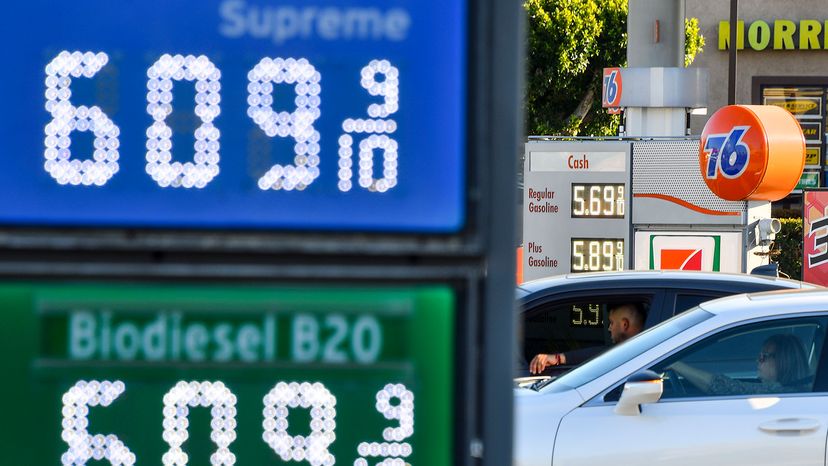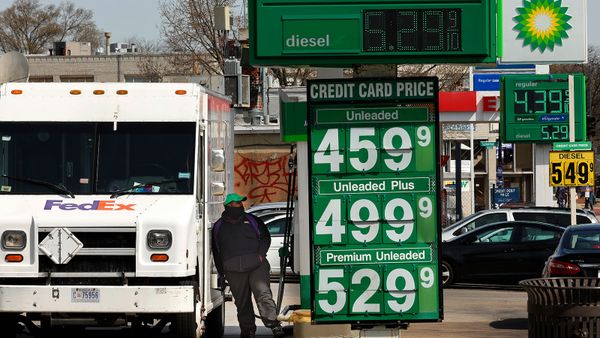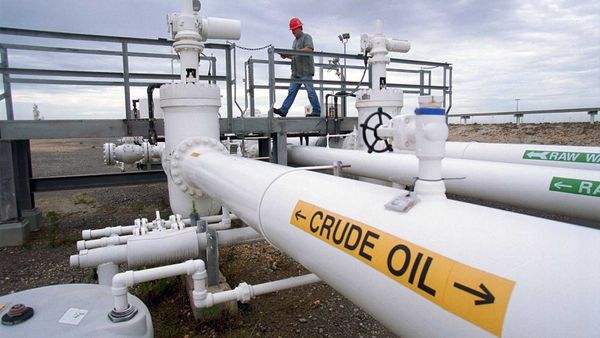
Critics of any U.S. president are quick to blame the commander in chief for things that are totally beyond his or her control. (Of course, presidents and their supporters are equally quick to take credit for things that are beyond their control.) The price of gasoline is a perfect example. In fact, one Pew research study showed that Democrats believe the president can control gas prices when a Republican president is in the White House but not when a Democrat is in the White House. Republicans also believed the president controlled gas prices when a Democrat occupied the White House, but not when a Republican did.
The truth is that no president — Democrat or Republican, friend of "Big Oil" or supporter of alternative fuels — can do much of anything to affect the short-term price of oil, and therefore gasoline. The overriding factor that determines the price of oil from day to day is the market principle of supply and demand [source: U.S. Energy Information Administration]. It comes down to simple economics: When demand is greater than supply, prices rise.
Advertisement
The actual price of a barrel of oil is constantly changing, since oil is a commodity that is traded on the futures market. Buying and selling oil futures is called speculating, because you're making trades based on expectations of future supply and demand.
And for a while, demand was skyrocketing. After the Great Recession ended, demand steadily increased as the global economy recovered and kicked back into high gear. To match that demand, U.S. oil production rose dramatically from around 5,000 barrels a day in 2009 to a record high of 13,100 barrels a day in early 2020 [source: Macrotrends]. Thanks in large part to the drilling technology called hydraulic fracturing (or "fracking"), American oil producers were able to keep pace with demand and keep gasoline prices stable.
But crude oil went as high as $130.50 a barrel overnight on March 6, 2022, before settling at around $120 a barrel. The $130.50 price was the highest since 2008, just before the Great Recession caused a huge drop in demand. The spike was due to the "market reacting to supply disruptions stemming from Russia’s ongoing invasion of Ukraine and the possibility of a ban on Russian oil and natural gas," CNBC reported. On March 8, Joe Biden announced that the U.S. was banning sales of Russian oil because of Russia's Ukraine invasion.
So if gasoline prices are largely at the mercy of global fluctuations in supply and demand, what can a president actually do, if anything, to influence gas prices? Find out next.
Advertisement

